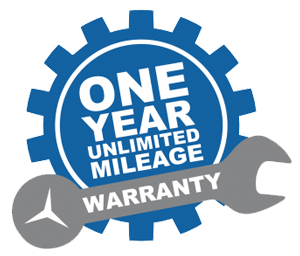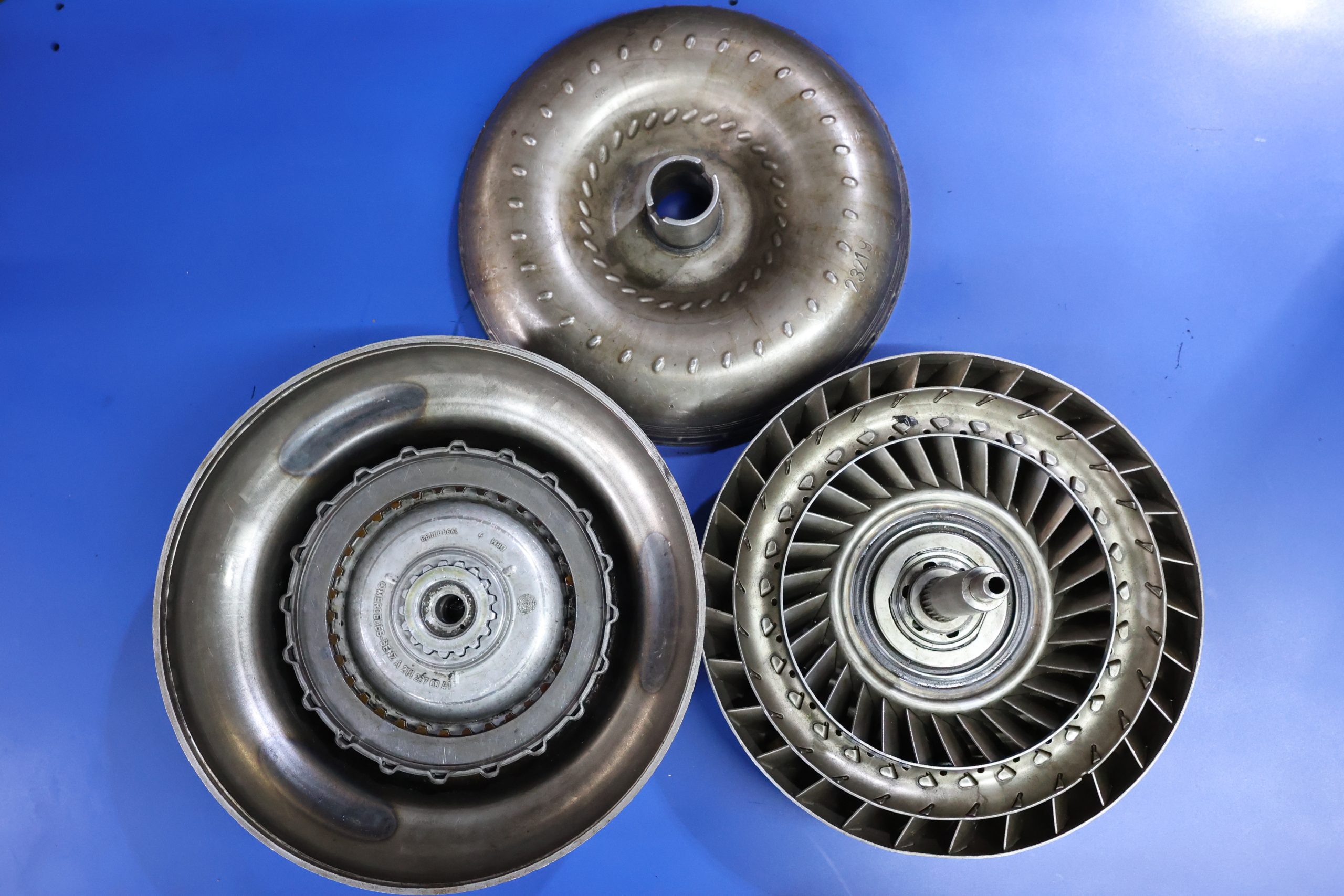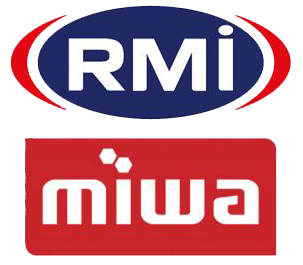Understanding Mercedes-Benz Torque Converters
Mercedes-Benz vehicles are renowned for their luxury, performance, and advanced engineering. At the heart of this performance lies a key component known as the torque converter. It is crucial for the smooth operation of your Mercedes-Benz’s automatic transmission system. However, torque converters can wear out or malfunction over time. When that happens, it’s essential to have a trusted partner like Enduro Gearbox Centre to provide expert repairs and replacements.
What is a Mercedes-Benz Torque Converter?
A Mercedes-Benz torque converter is a vital component of the automatic transmission system, designed to efficiently transfer power from the engine to the transmission. Unlike manual transmissions, which use a clutch to engage and disengage the powertrain, torque converters enable automatic gear shifting by using fluid dynamics to transmit and multiply torque. This ensures a smooth and seamless driving experience, which is a hallmark of Mercedes-Benz vehicles.
How Does a Torque Converter Work?
The Mercedes-Benz torque converter operates as a fluid coupling system consisting of three main components:
- Pump (Impeller): Connected to the engine, the pump rotates and pushes transmission fluid outward by centrifugal force.
- Turbine: Linked to the transmission, the turbine receives the fluid from the pump and spins, transferring torque to the transmission input shaft.
- Stator: Positioned between the pump and the turbine, the stator redirects fluid flow to increase efficiency and torque multiplication during acceleration.
- Lock up clutch: Directly connects the engine to the transmission at higher speeds.
This process allows the Mercedes-Benz torque converter to:
- Smoothly engage gears: Ensuring a comfortable driving experience, even in stop-and-go traffic.
- Multiply torque: Providing extra power during acceleration, such as when overtaking or climbing steep inclines.
- Dampen vibrations: Reducing engine and drivetrain vibrations for a quieter and more refined ride.
Why is the Torque Converter Important for Mercedes-Benz?
Mercedes-Benz vehicles are known for their exceptional performance and luxury. The torque converter plays a critical role in delivering these attributes by:
- Ensuring seamless gear changes: Maintaining the brand’s standard of smooth and precise driving dynamics.
- Enhancing fuel efficiency: By allowing the engine to operate at optimal speeds, the Mercedes-Benz torque converter helps reduce fuel consumption.
- Supporting durability and reliability: Mercedes-Benz torque converters are engineered to withstand high torque loads and provide long-lasting performance.
Symptoms of Failing Mercedes-Benz Torque Converters?
Despite their advanced engineering, Mercedes-Benz torque converters can experience wear and tear over time. Common symptoms of a failing torque converter include:
- Shuddering or Slipping: This can be caused by worn-out bearings or lock up clutches, damaged seals, or low transmission fluid.
- Overheating: Overheating can occur due to low transmission fluid or if the torque converter is not efficiently transferring power. This can damage internal components.
- Strange Noises: Unusual grinding, whining, or clunking noises are often caused by damaged internal parts, such as the turbine or stator.
- Poor Acceleration: A failing Mercedes-Benz torque converter can cause sluggish or delayed acceleration.
How Enduro Gearbox Centre Can Help
If you’re facing issues with your Mercedes-Benz torque converter, Enduro Gearbox Centre can provide expert assistance. Our team specialises in diagnosing and repairing transmission and torque converter problems. Whether your torque converter needs rebuilding, reconditioning, or replacement, our technicians have the experience and tools to get the job done right.
FAQs About Mercedes-Benz Torque Converters
How long do Mercedes-Benz torque converters last?
On average, Mercedes-Benz torque converters can last 160,000 to 240,000 kilometres, but this can vary depending on driving conditions and maintenance.
Can a damaged torque converter be repaired, or does it need to be replaced?
Depending on the extent of the damage, a Mercedes-Benz torque converter can often be rebuilt or reconditioned. In severe cases, a complete replacement may be required.
How does Enduro Gearbox Centre diagnose torque converter issues?
We perform a full diagnostic check, which includes inspecting the transmission fluid, using computer diagnostics, and conducting road tests to identify the root cause of the issue.
Why Enduro Gearbox Centre is the Preferred Mercedes-Benz Specialist
- Over 30 years of industry experience
- Family-owned and operated with hands-on leadership
- Specialised expertise in Mercedes-Benz transmissions
- Fully equipped, immaculate workshop in a secure industrial park
- Unmatched commitment to customer satisfaction and technical excellence
Get in Touch with a Mercedes-Benz Specialist Today
Mercedes-Benz Torque Converter Problems? We’ve Got You Covered.
If your Mercedes is experiencing shuddering, loss of power, or stalling when shifting into drive or reverse, the issue may lie with a failing torque converter—not the entire transmission.
At Enduro Gearbox Centre, we specialize in diagnosing and resolving Mercedes-Benz transmission issues, including torque converter faults that are often misdiagnosed.
Contact Enduro Gearbox Centre for expert advice, no-obligation quote.
✅ Visit our Website
✅ Follow us on Facebook
✅ Contact us today for a diagnostic or consultation
Unit A2, Fountains Industrial Park
22 Dan Jacobs Road, Alrode, 1451



